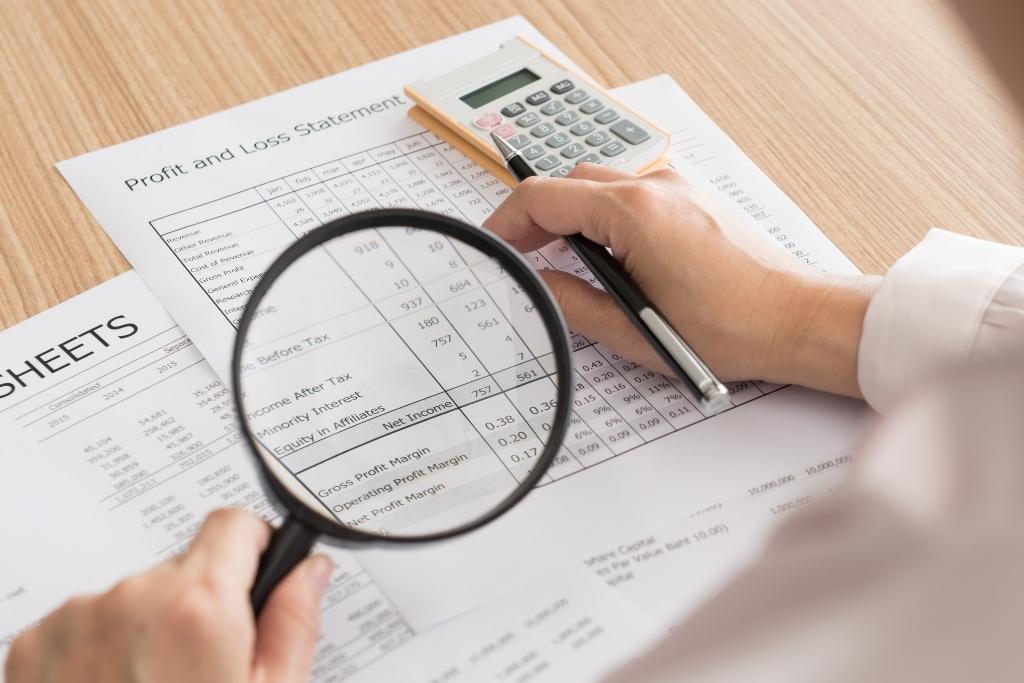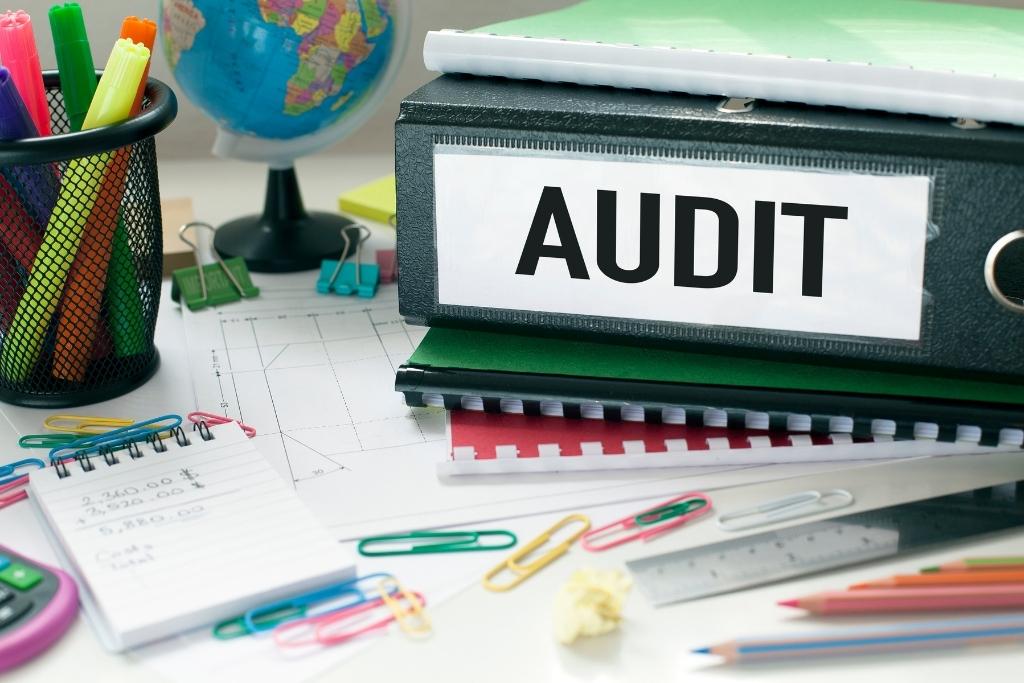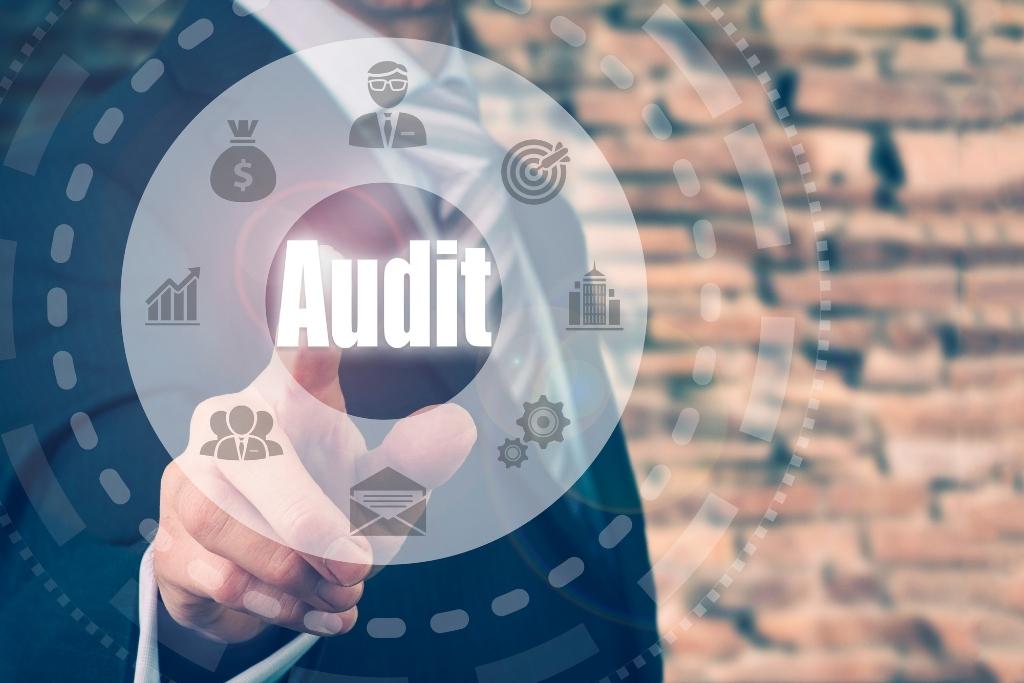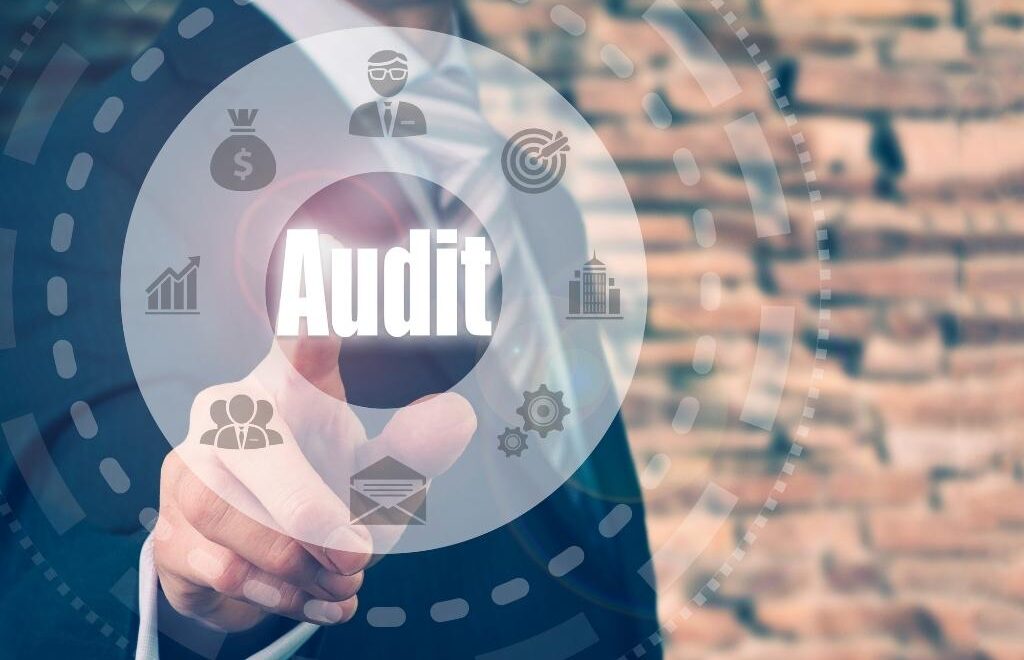If you’re like most people, the word “audit” probably doesn’t fill you with a whole lot of excitement. But believe it or not, audits can be vital for businesses of all sizes. Here’s a look at why audit and verification services are so important – and why you should make sure your business has them.
Introduction to Audit and Verification

Audit and verification is the process of reviewing an organization’s financial statements and checking for accuracy. This process can be performed by an external auditor, such as the Public Company Accounting Oversight Board (PCAOB), or by an internal auditor.
The Sarbanes-Oxley Act of 2002 requires public companies to have their financial statements audited by an independent registered public accounting firm. The goal of this requirement is to improve the accuracy and transparency of financial reporting.
Audit and verification can also be used to review other aspects of an organization, such as compliance with regulations or internal controls. This type of review can be performed by government agencies, such as the Securities and Exchange Commission (SEC), or by private organizations, such as the Institute of Internal Auditors (IIA).
The IIA Standards for the Professional Practice of Internal Auditing state that internal auditors must “perform engagements in accordance with generally accepted government auditing standards (GAGAS)” and “provide a reasonable basis for conclude that engagements have been carried out in accordance with GAGAS.”

The Importance of Audit and Verification
Audit and verification is an important process that helps to ensure the accuracy of financial statements and other business records. By conducting audits and verifying records, businesses can catch errors and prevent fraud.
Audits can be performed by internal or external auditors. Internal auditors are employees of the company being audited, while external auditors are hired by the company to perform the audit. External auditors are typically independent, certified public accountants (CPAs).
The audit process involves examining a company’s financial statements and other business records to verify their accuracy. This includes testing things like accounting procedures, internal controls, and financial statement presentation. Auditors also assess risks and make recommendations for improving the organization’s overall financial health.
Verification is similar to audit but generally refers to the process of confirming that something is true or accurate. This might involve checking that products meet quality standards, or that invoices match purchase orders. Verification can be done by businesses themselves or by independent third parties.
Both audit and verification are important for ensuring the accuracy of business records and preventing fraud. Companies should consider conducting audits on a regular basis, as well as implementing strong verification procedures to help protect their finances.
The Process of Audit and Verification
Audit and verification is the process of examining an organization’s financial records to ensure that they are accurate and in compliance with regulatory guidelines. This process can be conducted by internal or external auditors, and it usually involves a review of the company’s financial statements, purchase orders, invoices, and other documentation.
The goal of audit and verification is to provide assurance that an organization is properly managing its finances and complying with applicable laws and regulations. This process can help identify areas where the organization may be at risk of financial mismanagement or fraud. Additionally, audit and verification can also help assess whether the organization’s accounting practices are in line with generally accepted principles.

The Benefits of Audit and Verification
An audit and verification report can give you an independent, expert opinion on your business. It can also give you an idea of how well your business is doing and where there may be room for improvement.
An audit can be conducted by an external auditor or by an internal auditor. An external audit is conducted by an independent body, such as a government agency or a private company. An internal audit is conducted by someone within your organization.
There are many benefits to having an audit and verification conducted on your business. These benefits include:
-An independent opinion on your business: An audit and verification report can give you an unbiased, objective opinion on your business. This can be helpful if you are considering making changes to your business, or if you want to know how well your business is doing.
-A better understanding of your business: An audit and verification report can help you to understand the strengths and weaknesses of your business. This can help you to make informed decisions about where to focus your resources.
-Improved accountability: Conducting an audit and verification can help to improve accountability within your organization. This is because it provides a clear picture of where improvements need to be made.
-Increased transparency: Audit and verification reports can help to increase transparency within your organization. This is because they provide a clear picture of what is working well and what needs improvement.
Conducting an audit and verification can be beneficial for both small and large businesses. If you are thinking about conducting an audit and verification, it is important to choose a reputable company that has experience in conducting these types of reports.

The Challenges of Audit and Verification
Audit and verification can be challenging, time-consuming, and expensive. But the benefits far outweigh the costs. An effective audit and verification program can help you:
-Detect and prevent fraud
-Ensure compliance with laws and regulations
-Protect your company’s reputation
-Save money by identifying areas of waste and inefficient operations
The Future of Audit and Verification
As the world progresses, technology advances, and new data sources become available, the audit and verification field will continue to change. The future of audit and verification is likely to be more data-driven, with new tools and techniques being used to verify information. This could include using artificial intelligence to identify patterns in data, as well as using blockchain technology to create a tamper-proof record of transactions.
As a business owner, you’re likely always looking for ways to improve your company’s bottom line. One way to do this is by ensuring that your products and services meet the highest possible standards. This is where audit and verification come in.

Case Study: A Company’s Experience with Audit and Verification
Audit and verification are processes that independently assess whether a company is meeting certain standards. These standards can be internal (e.g., does the company have proper accounting procedures in place?) or external (e.g., does the company’s product meet safety regulations?).
In general, an audit is conducted by an impartial third party, such as an accountant or an independent certification body. A verification, on the other hand, can be conducted by either an impartial third party or by the company itself.
There are many benefits to undergoing audit and verification, including:
-Improved quality of products and services: Audit and verification help to ensure that a company’s products and services meet the highest possible standards. This can help to improve customer satisfaction and loyalty, as well as increase sales.
-Reduced risk of non-compliance: Audit and verification can help to identify areas where a company may be at risk of non-compliance with internal or external standards. This allows businesses to take steps to address these risks before they turn into costly problems.
-Greater efficiency: Audit and verification can help to streamline a company’s operations by identifying areas where processes can be improved. This can lead to reduced costs and increased profitability.
FAQs about Audit and Verification
What is an audit and verification?
An audit and verification is an independent, objective assessment of your company’s financial statements and the information supporting those statements. The assessment is conducted by a certified public accountant (CPA) or another qualified independent professional.
Why do I need an audit and verification?
There are several reasons why you might need an audit and verification. Perhaps you’re required to have one by your lender or investor. Or, you may feel it would give your company added credibility with customers or suppliers. Regardless of the reason, an audit and verification can provide valuable insights into the financial health of your business.
How does an audit and verification differ from a review?
An audit is a more comprehensive assessment than a review. An auditor will not only examine your financial statements, but will also test the underlying information to ensure that it’s accurate and complete. A review, on the other hand, is a less extensive evaluation of your financial statements. While a reviewer will inquire about certain items on your financial statements, they will not perform any testing of the supporting information.
How often should I have an audit and verification?
There is no set schedule for having an audit and verification conducted. However, most businesses have them performed at least annually. You may want to consider having one more frequently if your business is growing rapidly or undergoing significant changes.
Additional Resources on Audit and Verification
If you are looking for more information on audit and verification, we suggest checking out the following resources:
-The Institute of Internal Auditors offers guidance on internal audit planning, conducting audits, and reporting findings.
-The International Organization for Standardization provides standards for quality management systems, including requirements for auditing.
-The International Federation of Accountants has a task force on assurance that offers guidance for both accountants and auditors.
Conclusion
There are many types of audits and verifications, but the one thing they all have in common is that they provide an objective opinion or report about something. In other words, an audit or verification is an unbiased, independent assessment of something.
There are many reasons why you might need an audit or verification. For example, you might need one to:
-Find out if your financial statements are accurate
-Make sure your business complies with laws and regulations
-Determine whether your internal controls are effective
-Ensure that your products or services meet quality standards
Audits and verifications can be performed by internal or external auditors. Internal auditors are employees of the organization being audited, while external auditors are independent contractors.
No matter who performs the audit or verification, the process typically follows these steps:
1.The auditor plans the engagement
2.The auditor collects evidence
3.The auditor analyzes the evidence collected
4.The auditor formulates an opinion or report based on the evidence gathered and analyzed
5.The auditor communicates the results of the engagement to the client

